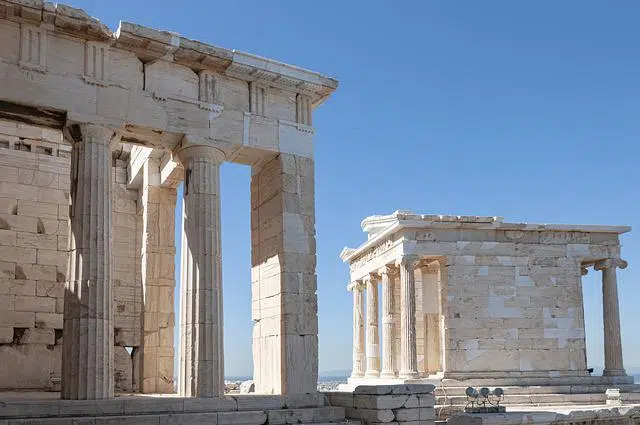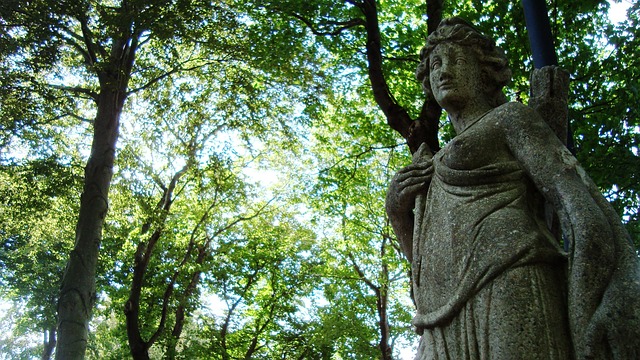
The Greek archons came to occupy the highest political position in Athens.
Archon is a term that comes from the Latin archon , in turn derived from the Greek árchōn . According to the dictionary of the Royal Spanish Academy ( RAE ), this is how the various magistrates were called who, after the death of King Codro , directed the destinies of Athens .
Codro
Codro lived between 1089 and 1068 BC . Until his rule, the top Athenian rulers were called Basileis . After this monarch died, as a tribute it was decided that no other leader would have the same title, which gave rise to the name of archon.
The archons
The archons, therefore, were Greek governors . It is important to keep in mind that the power of the archons changed over the course of history , although this institution remained in force for nearly half a millennium.
At a general level, it can be said that an archon was an authority of a Greek city. In the case of Athens , at first three archons coexisted: the archon polemarch (with military command), the archon basileus (concentrated on religious affairs) and the eponymous archon (in charge of administering civil affairs and public jurisdiction). .
Later it went from three to nine archons. The three main archons were accompanied by six others, known as thesmotetes . Finally, a secretary was added, bringing the number of archons to ten.
Polemarch Archon
This is the title received by a high commander of the army of Ancient Athens. In the remembered battle of Marathon , which took place in the year 490 BC. C. in the city of the same name and was decisive for the First Medical War , this position was already in force to deal with the right wing of the tactical organization.
Time passed, and the polemarch archon went from dealing with military issues to taking charge of the superintendence of foreign residents, something that in ancient Rome was in the hands of the pilgrim praetors. Finally, we can mention that every year he had to offer a sacrifice to the goddess Artemis to commemorate the vote of the polemarch Callimachus in the marathon battle in tribute to the fallen.
archon basileus
Continuing with a view centered on ancient Greece, the archon basileus arose upon the end of the monarchy. Although almost all of his powers were already in the hands of the Areopagus, among other institutions, this archon enjoyed the highest political position in Athens , and he shared it with the polemarch and the eponym. Their specific obligation was the supervision of religious rites.
The first were chosen every decade and had to belong to the aristocracy of Athens. From the year 683 BC. C., however, the position began to last only one year: until 487 BC. C., among those with the greatest economic power; after such date, by lot.
eponymous archon
According to the Athenian constitution, it was responsible for public jurisdiction and civil administration. Issues such as orphanhood, widowhood and family disputes were among his specialties. He also had to appoint patrons for the theater field. It is worth mentioning that the name of each eponymous archon usually appears in historical narratives as a dating element.

Sculpture of the goddess Artemis, to whom every year the polemarch archon offered a sacrifice
Other meanings
It is important to mention that, in the Byzantine Empire , there were also archons. In this case the concept could refer to different administrators, nobles and rulers.
The Unknown Archon , meanwhile, is the name usually given to the man who, at the beginning of the 7th century , led the Sorbs (White Serbs) from northeastern Central Europe to the Balkan Peninsula.
Finally, an archon is called a mythological or celestial being who is dedicated to the protection of people at the direction of a deity.
